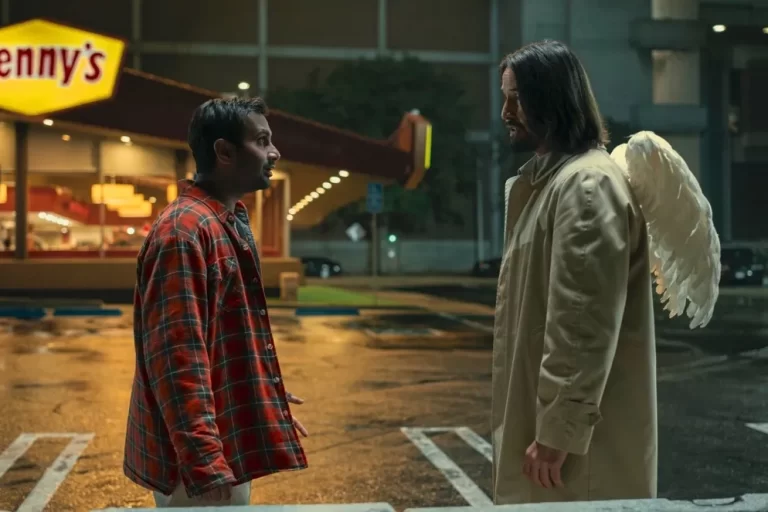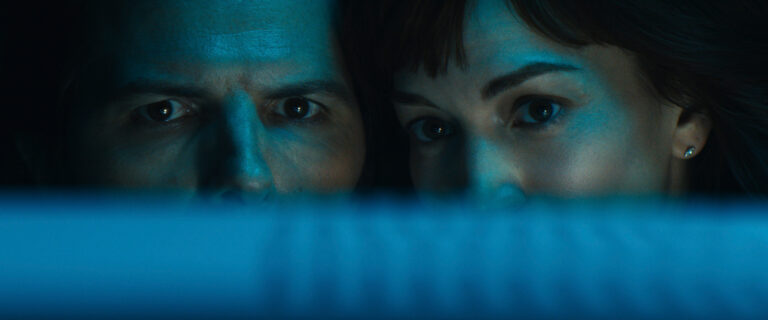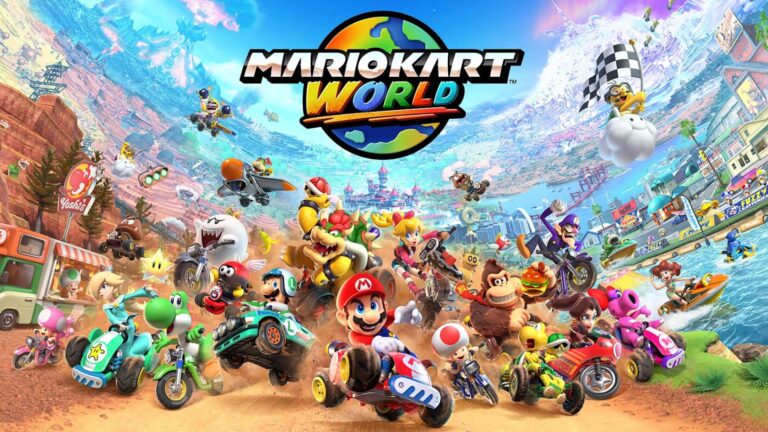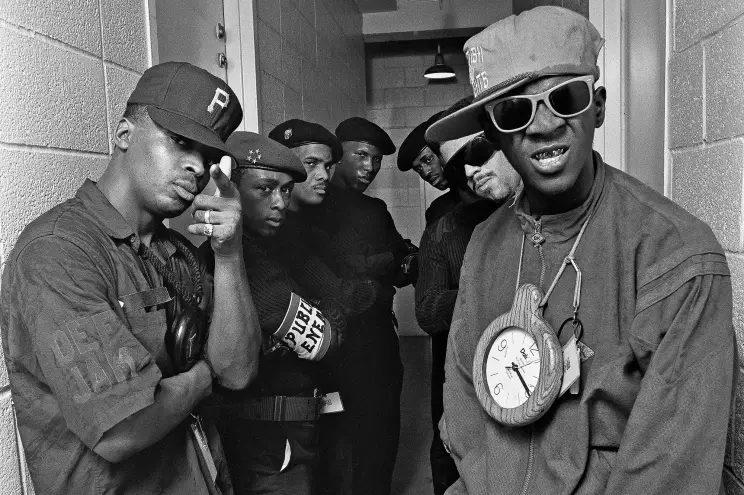
‘The Studio’ Review (Season 1)
Apple TV+’s The Studio enters the crowded comedy landscape with a bold mission: to satirize the modern entertainment industry from the inside out. Created by Seth Rogen and Evan Goldberg, this half-hour series blends absurdist humor, workplace chaos, and razor-sharp commentary on how films get made—or get mangled—in the age of franchise fatigue and social media-driven decision-making. It’s a spiritual cousin to shows like The Office and 30 Rock, but aimed squarely at the heart of Hollywood. And with a phenomenal cast and unique artistic flair, The Studio isn’t just funny—it’s incisive.
The Cast: Every Character a Comic Bullseye
At the center of the show is Seth Rogen as Matt Remick, a newly appointed head of a major movie studio who finds himself way over his head. Rogen brings a weary optimism to Matt, playing him as a guy who genuinely wants to support art, but keeps getting blindsided by box office metrics, creative egos, and boardroom politics. Rogen’s signature likability and awkward charm are perfectly suited to this role, reminiscent of Alec Baldwin’s Jack Donaghy from 30 Rock—if Jack were a stoned millennial trying to greenlight movies that won’t tank on TikTok.
Catherine O’Hara plays Patty Leigh, the studio’s sharp-witted former head who remains on as a sort of reluctant mentor. O’Hara delivers biting one-liners with the elegance of someone who’s seen it all and has no time for nonsense. Think Moira Rose meets Ari Gold. Her chemistry with Rogen is a surprising delight—there’s mentorship, tension, and a lot of knowing glances exchanged in corporate meetings.
Kathryn Hahn is Maya Mason, the head of marketing and the only person in the room who seems to understand both the art and the commerce of moviemaking. Hahn, as always, nails the role of the smart, emotionally complex professional trying not to lose her mind. She’s the character who delivers zingers with a smirk but can also break down how to market a drama about nuns to Gen Z without flinching.
Ike Barinholtz plays Sal Saperstein, the studio’s hilariously unfiltered legal advisor. Barinholtz, known for roles in The Mindy Project and Neighbors, is a comedic live wire here. He’s loud, opinionated, and almost always giving bad advice—often while making a scene at a press event or stepping in something legally disastrous.
Chase Sui Wonders stands out as Quinn Hackett, a young, ambitious executive navigating the generational and cultural gap between the studio old guard and the creators of today. Wonders brings both vulnerability and sharpness to the role. She’s someone trying to shape the future of the industry while still learning how it actually works. Her storyline touches on representation, influencer culture, and the constant fear of saying the wrong thing at the wrong time.
Bryan Cranston plays Griffin Mill, a cunning, no-nonsense executive board member whose presence casts a long shadow over the studio’s decision-making. While not the main character, Griffin serves as a looming symbol of old-school Hollywood power—calculated, manipulative, and deeply connected behind the scenes. He’s not running the day-to-day operations like Matt Remick (Seth Rogen), but he’s always watching, pulling strings when necessary, and delivering dry, sharp commentary that often cuts deeper than expected.
Cranston plays Griffin with a quiet intensity—he rarely raises his voice, but every word carries weight. Think of him as the studio’s corporate conscience, except he’s far more interested in profits than principles. His scenes often involve private meetings, cryptic advice, and the occasional chilling reminder that creativity is always at the mercy of the bottom line.
What makes the role especially fun is that Griffin Mill (a name borrowed from the satirical Hollywood film The Player) seems fully aware of the absurdity of the industry—he just chooses to exploit it rather than fight it. Cranston’s performance brings gravitas and dry humor, grounding the show’s zanier elements in a very real sense of institutional pressure and legacy thinking.
He’s not a villain, exactly—but he’s the guy you don’t want to owe a favor to.
Celebrity Cameos That Embrace the Absurd
One of the standout elements of The Studio is its clever use of celebrity guest stars playing fictionalized versions of themselves. These appearances aren’t just funny—they’re sharp, self-aware, and perfectly in tune with the show’s satirical tone.
Whether it’s Zoë Kravitz perfecting an acceptance speech, Adam Scott inadvertently turning an old friend into a meme, Ice Cube about to throw down over the voice of Kool-Aid, or Martin Scorsese being savagely railroaded, each cameo adds another layer of comedy and commentary.
The brilliance lies in how these stars poke fun at their own public personas while also skewering the entertainment industry from the inside. It’s meta, it’s hilarious, and it reinforces the show’s core message: in Hollywood, even the most iconic names aren’t immune to the circus.
Artistic Touches: One-Shot Takes and Satirical Brilliance
What elevates The Studio beyond traditional TV comedy is its directing. Seth Rogen and Evan Goldberg make bold choices, like using long, uninterrupted takes to build a sense of chaos and realism in key scenes. A single-shot walk through the studio lot reveals actors fighting with producers, interns running with coffee, and Matt fielding three crises at once—all without a single cut.
Tonally, the show is a brilliant satire of Hollywood’s endless cycle of trying to please everyone—test audiences, critics, Twitter mobs, and shareholders—and usually ending up pleasing no one. It pokes fun at sensitivity readers, focus groups, over-engineered diversity, and the exhausting politics behind every greenlight. But what makes the satire effective is that it comes from a place of love, not contempt. The show doesn’t hate Hollywood—it just knows how deeply broken it is.
What We’re Looking Forward To in Season 2
Season 1 leaves several threads dangling that fans are eager to see pulled in Season 2. Will Matt gain confidence or become a corporate pawn? Can Quinn hold onto her ideals while climbing the ladder? And is there something deeper brewing between Maya and Sal? (Okay, probably not.)
There’s also buzz about even more A-list guest stars appearing next season, with rumored appearances by directors, influencers, and some controversial film critics. With the groundwork laid, Season 2 has the chance to go deeper—into streaming wars, AI-generated scripts, strike culture, and maybe even awards season absurdity.
Final Verdict: 8.5/10
The Studio is one of the smartest and most entertaining comedies of the year. With a cast stacked with comedic talent, thoughtful writing, and bold direction, it manages to do the near-impossible: make fun of Hollywood without losing its heart. If you loved 30 Rock, BoJack Horseman, or Entourage (but wished it were actually satirical), this is your next binge. Season 2 can’t come fast enough.






